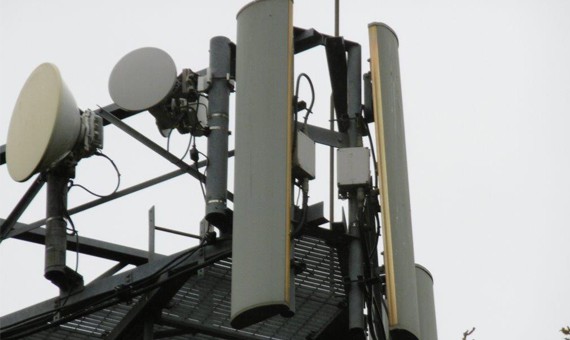The Electronic Communications Code
A new Electronic Communications Code has come into effect for telecommunications apparatus on land and buildings. The new code grants telecommunication network operators the right to take property owners to Court if they refuse to permit the installation of telecommunications apparatus such as mobile phone masts on their property and it also imposes restrictions on the ability of owners to secure the removal of telecommunications apparatus from their property at lease expiry.
Any landlords with apparatus on their property should be properly advised in respect of the potential effects of the legislation and in particular, the impact it may have on the value of their property assets.
In Summary:
- Rents: The government is seeking to bring rents in line with those paid by utilities companies and providers of other essential services with the introduction of a rent valuation system known as the “no scheme” valuation. The value of the land will be assessed on the basis of its value to the landowner, rather than the operator. This is likely to reduce the rents paid and compensation awarded for the loss of land. In addition, it is envisaged that costs will escalate for landlords due to disputes that may arise in determining the rate of compensation for the use of a particular piece of land.
- Site sharing, additional apparatus and assign ability: In the same vein, in order to facilitate the rapidly evolving nature of digital technology and to encourage the growth of the network, operators will no longer have to seek consent to upgrade or share their apparatus. This will bring an end to the landlord’s ability to earn extra income from each additional piece of apparatus or site sharing arrangement. Similarly, in the event an operator assigns its rights in the equipment and lease, there will no longer be the opportunity for landlords to negotiate new terms.
- Contracting out of the Code: To the extent that contracting out of the old Code was ever a viable option, it is now explicitly not possible with the result that landlords will not have the ability to negotiate terms which are more favourable than those set down by the Code.
- Dispute resolution: In the event that landowners refuse consent to the installation of equipment on their land, the new Code will provide for a more efficient dispute resolution procedure.
- Security of Tenure: Operators will not be able to rely on Landlord and Tenant 1954 Act security of tenure provisions under the new Code. This removes one layer of protection from the operator. Landlords however will still be bound by the termination procedures in the code. Under the current code, the onus is on the landlord to start proceedings to have apparatus removed. However, there is little clarity as to in what circumstances the code rights will be brought to an end and apparatus removed. It is thought that the new code will seek to increase clarity by reducing the number of disputes and their associated costs and that in the event that the operator does not issue a counter-notice on the landlord requiring the apparatus to stay, then the landlord can remove the equipment when code rights expire.
- Retrospectively: The new Code will only apply after the law comes into effect and will not apply retrospectively to existing contracts.
Under the current regime, rents have been favourable making provision of land for telecommunications equipment an attractive option for landowners. However, the new “no scheme” valuation system is likely to bring an end to relatively healthy rent levels once enjoyed by landowners agreeing to host equipment on their land. This, twinned with the inability to contract out of the Code will arguably put landlords in a weaker position than under the old code given their inability to negotiate more favourable terms than the code will allow.
Should you have telecommunication apparatus on your land or buildings and require valuation advice then please contact Chris Jakes.





